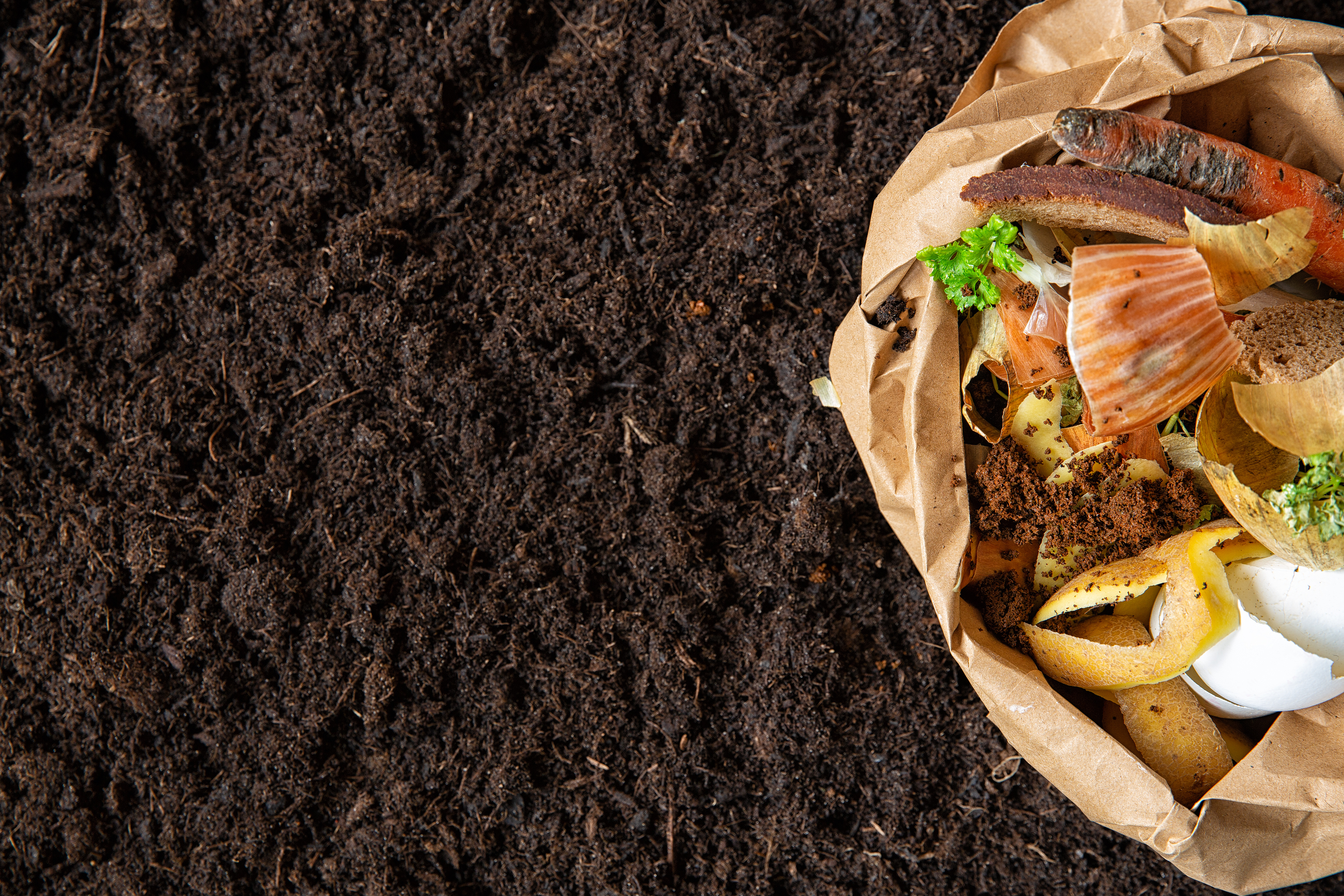#GO4SDGs Webinar Series: Circular Economy for Sustainable Food Waste Management in Asia and the Pacific

With the UN Food Systems Summit scheduled for September this year, sustainable management of food waste is attracting significant attention as one of the key measures to tackle climate change and to help achieve the Sustainable Development Goals (SDGs). This webinar presents the Global Opportunities for Sustainable Development Goals (GO4SDGs)’ ongoing work on food waste management in the context of circular economy and discusses challenges and opportunities for Asia and the Pacific region.
The circular economy model aims to close the loop by eliminating waste and making the maximum use of resources so that they are in circulation for the longest possible time. It is a systemic transition to more sustainable resource use and consumption, moving away from the current linear economy model of “take-make-waste” practice. Food loss and waste currently accounts for 25-30-% of total food produced and contributes to 8-10% of total global GHG emissions. The circular economy model promotes sustainable farming, food processing, and consumption and reduces the amount of food loss and waste across the food value chain. Sustainable management of food systems has a significant potential to accelerate the global effort to meet the SDGs, particularly SDG 12.3 (halving food waste at the retail and consumer level and reducing food loss across supply chains) and SDG 2 (end hunger, achieve food security and improved nutrition, and promote sustainable agriculture).
In Asia and the Pacific region, food waste is a serious problem. For example, in Thailand up to 64% of total garbage are food waste, and only a limited amount is recycled. Moreover, its capital city of Bangkok is the epicenter of this problem with its overall food waste generation having doubled from 2,860 tonnes per day in 2003 to 5,669 tonnes per day in 2018, while the Bangkok Metropolitan Administration (BMA) are only able to recycle 2% of the food waste collected. To address this worrying situation, UNEP, in partnership with Thailand Environment Institute (TEI) and BMA, has launched a project to support Bangkok as a pilot city in harnessing technologies to reduce resource use and pollution from the food sector. This is to be achieved by triggering behavioral changes on the part of governments, businesses, community groups, and households.